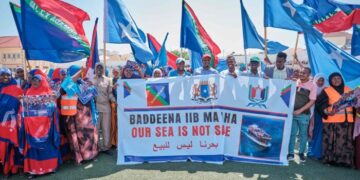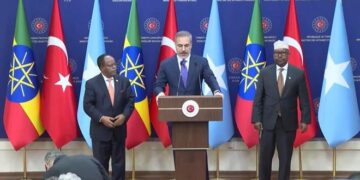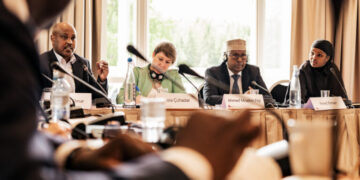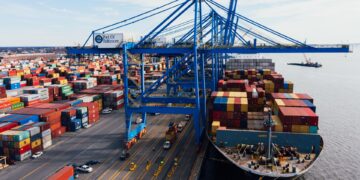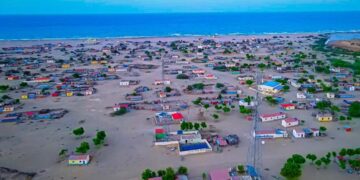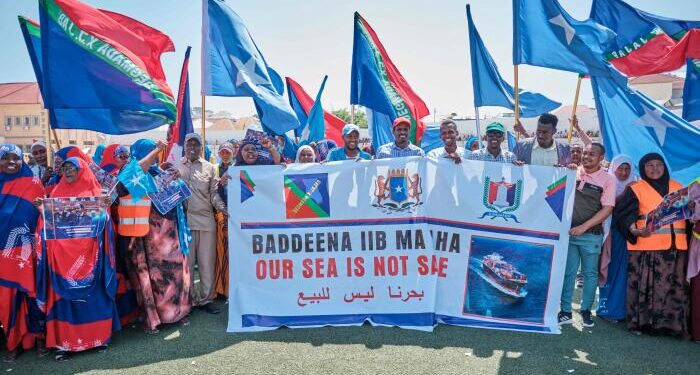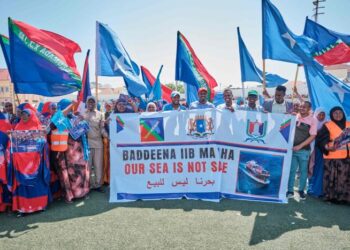Ethiopia is facing unexpected pressure just before the third round of negotiations with Somalia, set to take place in Ankara on the 17th of this month. The talks revolve around a Memorandum of Understanding (MoU) that Somalia claims violates its territorial sovereignty.
Djibouti, a country with close ties to both Ethiopia and Somalia, has offered Ethiopia access to the port of Tadjoura in an attempt to ease tensions in the Horn of Africa. Ethiopian Prime Minister Abiy Ahmed is currently dealing with internal conflicts within his country, where different ethnic groups are at odds, and the nation’s future direction remains uncertain.
It is unclear what Djibouti might offer Ethiopia in return, but it appears Ethiopia might not be pleased with entering into a direct agreement with Djibouti, a nation through which 90% of Ethiopia’s imports and exports currently pass. Djibouti, a small country strategically located on the Gulf of Aden, hosts military bases for all the world’s major powers.
BULHANGROUP reported on August 13 that the second round of talks between Ethiopia and Somalia in Ankara ended without an agreement. It has also emerged that Djibouti and the United Arab Emirates significantly influence the Turkish-hosted discussions.
The Republic of Djibouti is aligned with Somalia, while the United Arab Emirates is aligned with Ethiopia. Additionally, there is an ongoing dispute between DP World and Djibouti over the Djibouti port.
Ethiopia, meanwhile, is seeking a port and a military base of its own along the Somaliland coast, an area that declared independence from Somalia in 1991. The world and regional observers are closely watching how Ethiopia will respond to Djibouti’s offer to use the port of Tadjoura.
This situation poses a serious threat to the entire region. Only time will tell how this will unfold, but it largely depends on whether Ethiopia withdraws from the MoU agreement reached with Somaliland, a region in Somalia.
Somalia, on the other hand, has a political opportunity to present its case in Ankara, Turkey, which is known for adhering to international maritime laws.
Somalia and Ethiopia, neighboring countries, have long had a history of mistrust, conflict, and devastation. The people in these two countries are vulnerable to conflicts and hostilities, especially during times of political or ethnic tension.

